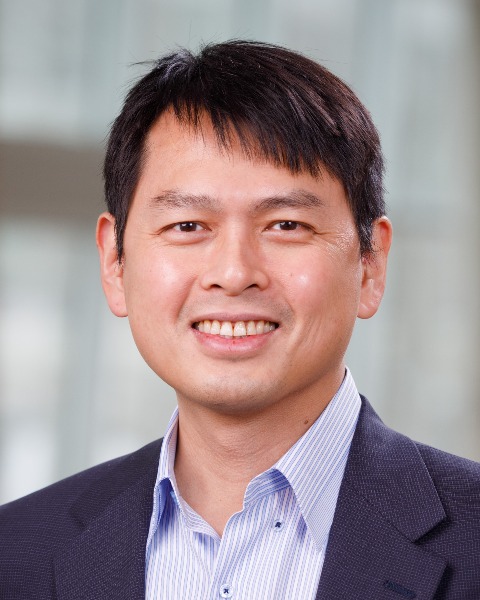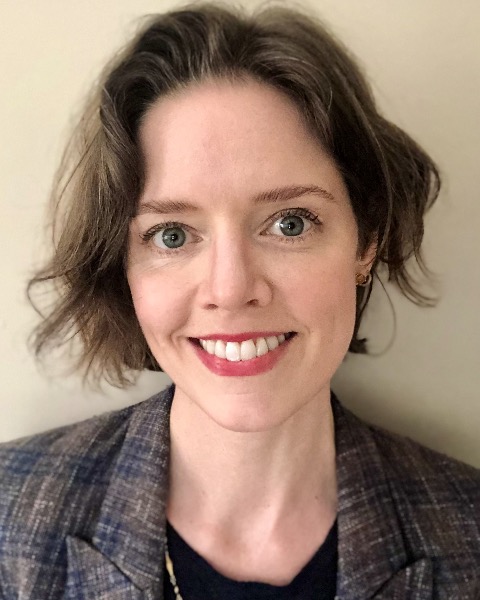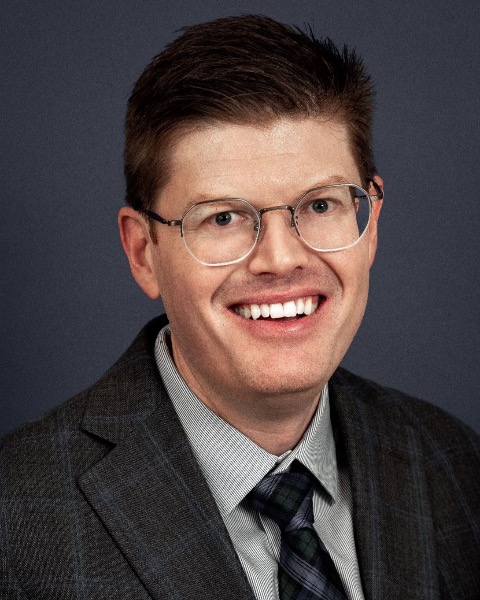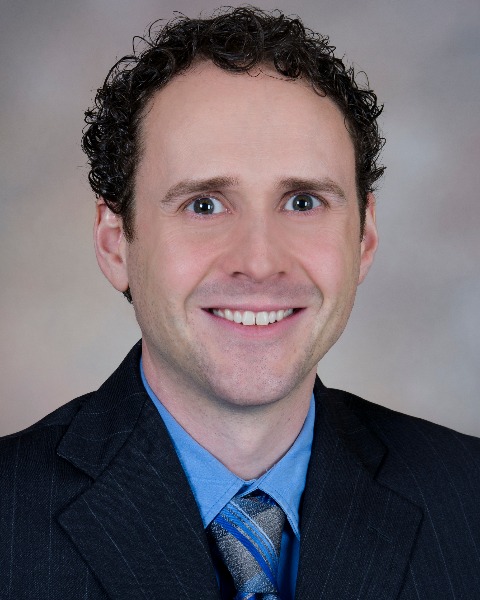Interdisciplinary
The Good, the Bad, and the Balance: Challenges and Opportunities in Using Technology in Dementia Care Dyad
-

Kuan-Hua Chen, PhD (he/him/his)
Assistant Professor
Neurological Sciences
University of Nebraska Medical Center
Elkhorn, Nebraska, United States -

Lyndsey Miller, PhD, RN (she/her/hers)
Assistant Professor
School of Nursing
Oregon Health & Science University
Portland, Oregon, United States -

Allison Lindauer, PhD, APRN (she/her/hers)
Associate Professor
Neurology
Oregon Alzheimer's Disease Research Center, Oregon Health & Science University
Portland, Oregon, United States -

Christopher Fagundes, PhD (he/him/his)
Professor
Psychology
Rice University
Houston, Texas, United States -

Neil Thomas, MD, MSc (he/him/his)
Clinician Investigator
Care of the Elderly
Bruyere Research Institute
Ottawa, Ontario, Canada -

Lyndsey Miller, PhD, RN (she/her/hers)
Assistant Professor
School of Nursing
Oregon Health & Science University
Portland, Oregon, United States -

Rashelle Hoffman, PT, DPT, PhD (she/her/hers)
Assistant Professor
Department of Physical Therapy
Creighton Univeristy
Creighton University, Nebraska, United States -

Kuan-Hua Chen, PhD (he/him/his)
Assistant Professor
Neurological Sciences
University of Nebraska Medical Center
Elkhorn, Nebraska, United States
Chair(s)
Co-Chair(s)
Discussant(s)
Individual Symposium Abstract First Author(s)
Advances in modern technologies, including wearables, mobile or embedded devices and sensors, and AI provide researchers and clinicians with exciting opportunities for naturalistic, large-scale, long-term, and timely assessment and intervention. In dementia, the vast majority of research and interventions using technology have been focusing on individuals—either only the care recipient or their family care partners. However, most dementia care dyads live together and have interdependent behaviors (e.g. physical activity and sleep) and shared functions (e.g. preparing meals). The proposed symposium highlights recent advances in using technologies to assess or intervene in dementia care dyads including their dyadic interactions and interdependent behaviors and functions in their shared home space. The five presentations will leverage different technologies (i.e., motion and door sensors, bed mat sensors, smartwatch, AI) to assess or intervene in different aspects of the health of dementia care dyad (e.g., loneliness, exercise, sleep, worrisome behaviors). Being aware that any methodology also has limitations and pitfalls, each presentation will include an instructive review of challenges associated with the technologies and efforts to overcome them. The five individual presentations will be followed by an integrated panel discussion, moderated by Dr. Harleah Buck. Together, the symposium will provide the general audience with an overview of current in-home assessment technologies, the challenges to incorporating them, and the tradeoffs for science. This symposium will also launch communication and collaborations between researchers from different disciplines who use modern technologies to conduct research in naturalistic settings to promote the health and well-being of dementia care dyads.
This is a collaborative symposium between the Dyadic Health Research and Nursing Care of Older Adults Interest Groups.
Dyadic Health Research Interest Group Sponsored Symposium
Learning Objectives:
- After this session, participants will be able to describe the advantages and pitfalls of using technologies to study dementia care dyads.
- After this session, participants will be able to explain the concept of dyadic assessment and dyadic intervention.
- After this session, participants will be able to describe social, health, and behavioral changes in dementia care dyads including their real-world (digital) manifestations and implications dyadic processes.
Presentations:
-
10:00 AM - 11:30 AM PSTSmartphones Capture Dynamics of Dementia Spousal Caregiver Interactions: Implications for mHealth
Individual Symposium Abstract First Author: Christopher P. Fagundes, PhD (he/him/his) – Rice University
-
10:00 AM - 11:30 AM PSTStrengths and Limitations of Using Different Sensor Technologies to Assess Clinical Outcomes in Dyadic Care.
Individual Symposium Abstract First Author: Neil W D Thomas, MD, MSc (he/him/his) – Bruyere Research Institute
-
10:00 AM - 11:30 AM PSTSensing Spousal Care Dyads' Activity Patterns: Two Novel Dyadic Metrics for Capturing Time Use
Individual Symposium Abstract First Author: Lyndsey M. Miller, PhD, RN (she/her/hers) – Oregon Health & Science University
-
10:00 AM - 11:30 AM PSTSelf-Monitoring via Wearable Sensor and Daily Steps Among People With MCI and Care Partner Dyads
Individual Symposium Abstract First Author: Rashelle Hoffman, PT, DPT, PhD (she/her/hers) – Creighton Univeristy
-
10:00 AM - 11:30 AM PSTEvaluating In-Home Assistive Technology for Dementia Caregivers: Challenges and Opportunities
Individual Symposium Abstract First Author: Kuan-Hua Chen, PhD (he/him/his) – University of Nebraska Medical Center
